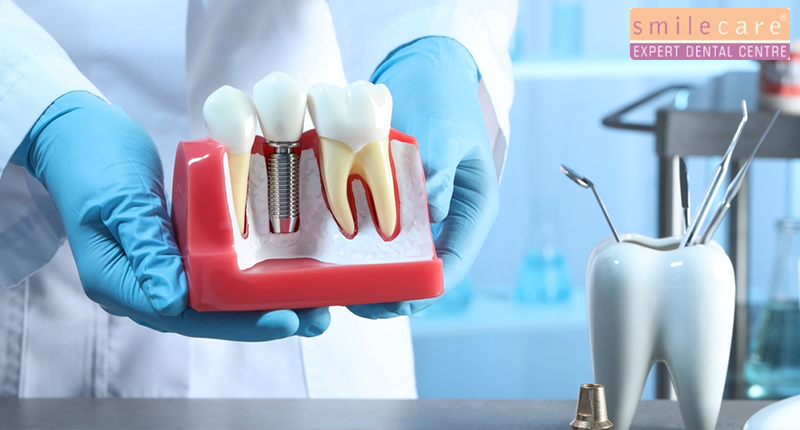Missing teeth can be a major inconvenience, impacting everything from speech and eating to self-confidence. Thankfully, dental implants offer a permanent and natural-looking solution. But the field of dental implantology is constantly evolving, with new technologies emerging that make the process faster, more comfortable, and more predictable than ever before.
Let’s explore some dental implant latest technology advancements that are transforming implant procedures:
1. Digital Dentistry for Precise Planning and Placement
Gone are the days of relying on X-rays alone. Advanced 3D imaging software and cone beam CT scans now provide dentists with a detailed, virtual picture of your jawbone and surrounding structures. This allows for precise planning of implant placement, ensuring optimal stability and minimizing the risk of complications.
2. Computer-Guided Surgery for Minimally Invasive Procedures
Imagine having your dental implant placed with robotic precision! Computer-guided surgery systems utilize the 3D dental model to create a surgical guide that acts as a roadmap for the dentist. This leads to smaller incisions, less drilling, and faster healing times.
3. How Long Does A Dental Implant Procedure Take?
Traditionally, patients had to wait for months after implant placement for the bone to fuse with the implant (osseointegration). However, advancements in implant design and surgical techniques have made immediate loading possible in certain cases. This means you can walk out of the dentist’s office with a temporary crown on your new implant, restoring your smile and function on the same day!
4. Regenerative Techniques for Building Strong Foundations
For patients with insufficient jawbone density, bone grafting was often required before implant placement. Today, regenerative techniques like platelet-rich plasma (PRP) therapy and bonelike materials can stimulate bone growth, creating a sturdy foundation for your implant.
5. Robot-Assisted Surgery for Enhanced Accuracy and Control
The future of dental implantology might involve robots! While still in its early stages, robot-assisted surgery systems offer enhanced precision and control during implant placement. This opens up the possibility for even more minimally invasive procedures with predictable outcomes.
So, how long does a dental implant procedure take now?
With these advancements, the time it takes to get a dental implant can vary significantly depending on your individual needs and the complexity of the dental implant procedures. However, generally speaking, single implant placement can be done in as little as 30 minutes to an hour. For multiple implants or more complex cases, the procedure may take longer.
Dental implant procedures are becoming increasingly sophisticated and effective thanks to cutting-edge technologies. These advancements offer numerous benefits for patients, including shorter treatment times, less discomfort, and predictable results. If you’re considering dental implants, be sure to discuss the latest technologies with your dentist to see if they can be right for you.
Remember, this blog post is intended for informational purposes only and should not be taken as medical advice. Always consult with your dentist to discuss your specific needs and treatment options.
With the continuous innovation in dental implant technology, the future of restoring smiles looks brighter than ever.

